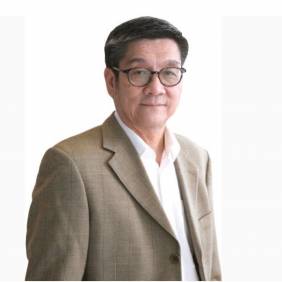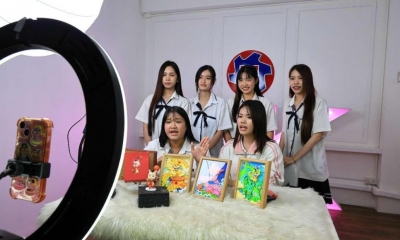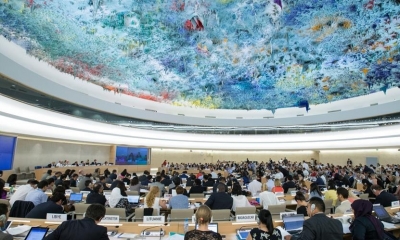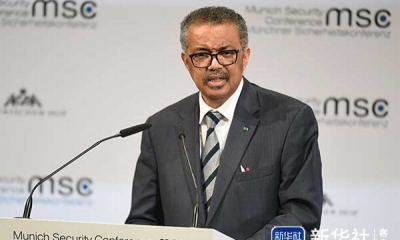Redefining Democracy in the 21st Century
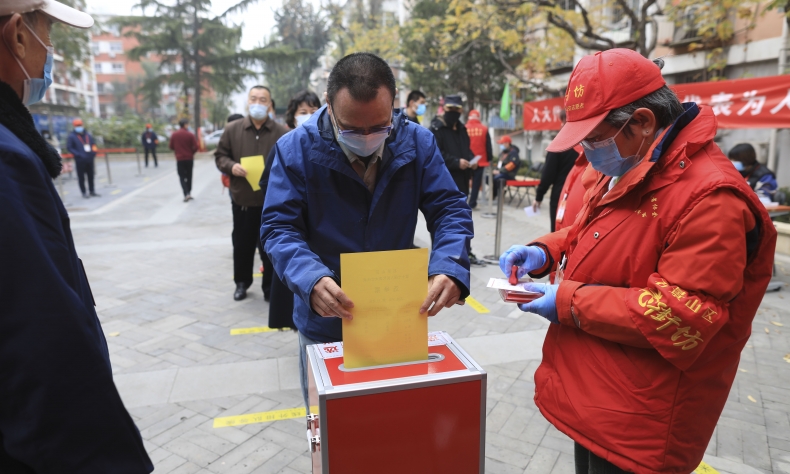
In reality, politics in Western democracy is often the game of the rich and the powerful, and those who are well connected. Western democracy empowers only a fraction of the population, not the large majority of the people.
Editor’s Note: The speech was firstly delivered by Mr. Koh King Kee at an international seminar hosted by the United Nations Association of China, entitled “Practise Democracy Based on National Conditions, Respect the Right to Choose a Democratic Model” on March 23, 2022. This speech is published by China Focus with the permission of the author.
Democracy is the common pursuit of mankind. It is a core value of the United Nations. However, due to diverse socio-economic, cultural and historical backgrounds, democracy takes different forms in different countries. There is no one-size-fits-all model of democracy in the world.
UN Resolution 62/7 on promoting and consolidating democracy stated that, “while there are share common features, there is no single model of democracy and that democracy does not belong to any country or region.”
Democracy is a way of governing that depends on the will of the people. The opening words of the UN Charter, “We the Peoples”, reflect the fundamental principle of democracy – that the will of the people is the source of legitimacy of sovereign states.
Democracy must be people-centered. The word democracy comes from the Greek words: “demos”, meaning people, and “kratos” meaning power. Therefore, democracy can be thought of as “power of the people”.
Nevertheless, the world has long been indoctrinated by the West that “one person, one vote” is the inalienable feature of democracy and that periodic election of a representative government is the sole criterion of democracy.
Western democracy has decayed
Such interpretation of democracy is, in fact, an oversimplification based on form over substance. As the Council of Europe explained, “Democracy includes far more than just elections, and it really makes more sense to think about the will of the people idea, rather than about institutional or voting structures, when we are trying to assess how democratic a country is.”
In fact, there are obvious shortcomings and inherent limitations in Western democracy.
Due to voter apathy or low voter turnout, a government could actually be elected by a minority of the total electorate, which may call into question the legitimacy of the so-called democratically elected government.
In fact, under the first-pass-the-post voting system, also known as the plurality voting system, a government could be formed even with minority popular votes. This is because under this system, if there are more than two candidates in a constituency. The candidate who receives the most votes will win even if he/she gets less than 50 percent of the total votes.
Disparity in the size of electorates between constituencies could effectively make the weight of each vote unequal. A single vote in a small constituency could be many times as good as a vote in a large constituency. As a result, a political party controlling majority seats in the parliament doesn’t necessarily mean that they have obtained majority popular votes in the election.

Partisan politics which is inherent in Western democracy creates conflicts rather than seeks consensus, often divides the society instead of uniting the people. America in the post-2020 presidential election exemplifies this inherent shortcoming of Western democracy.
In a majoritarian voting system which is practiced by most Western democracies, the winner takes all. The interests of the minority and the weak are often overlooked.
A true democracy should be one that is open to all citizens equally. However, electoral democracy is excessively elitist and overly epistocratic.
In theory, Western democracy empowers all citizens equally. But in reality, politics in Western democracy is often the game of the rich and the powerful, and those who are well connected. Western democracy empowers only a fraction of the population, not the large majority of the people.
According to a study in 2014, in the US, only the richest 10 percent of the population seemed to have any causal effect on public policy. The other 90 percent is left with “democracy by coincidence”, that is, getting what they want only when they happen to want the same thing as the people calling the shots.
In her book “Open Democracy”, Hélène Landemore, a political theorist at Yale University, pointed out that “representative government historically favored the idea of people’s consent to power over that of people’s exercise of power”. She emphasized that an authentic democracy would center on ordinary citizens rather than elected politicians. Electoral representation is not the only—let alone the most democratic—form of representation.
Democracy must be more deliberative and participatory. True democracy should be a complete process with wide and continual participation by the people from all walks of life and all corners of the country.
Democracy is a means, not an end. It is a means to bring good life to all the people. Democracy should not exist just in form. It has to be substantive. Democracy should not be just an electoral ornament, wakes up during elections while remaining dormant during the interim.
As American political scientist Susan George said: “Democracy doesn’t mean much if you are hungry or homeless, or have no health care or your children can’t go to school; even if you have a vote, democracy is not effective.”
Electoral right is not the sole criterion to judge whether a country is democratic or not, but more importantly, it is whether the citizens of the country have extensive participation in the decision-making and governance process of the country.
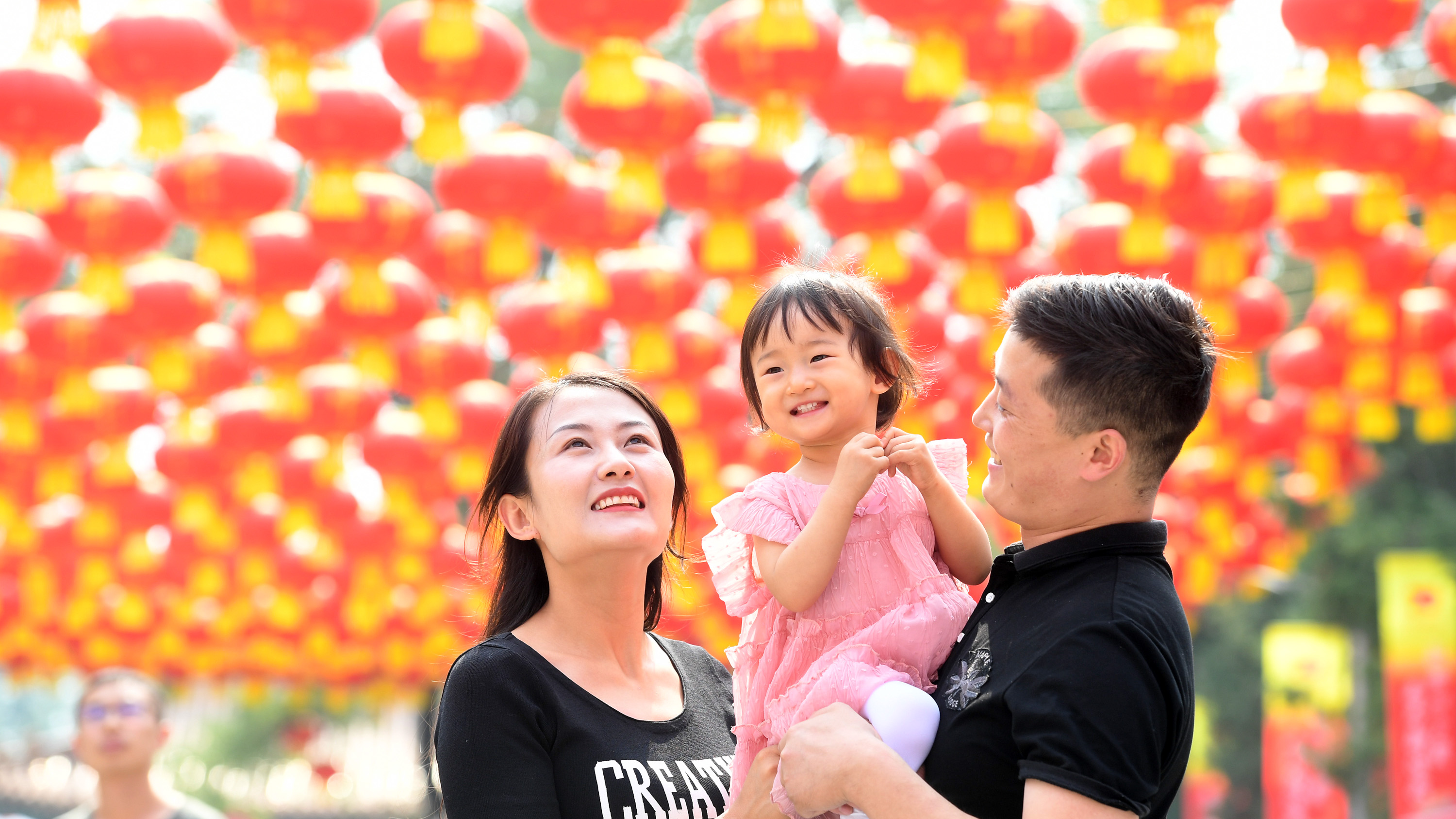
China’s practice of democracy
China’s whole-process people’s democracy, which empowers the people to get involved in the country’s decision-making and governance at all levels, is more participatory than Western democracy. It is a unique application of democratic principles under one-party leadership.
The whole-process people’s democracy is rooted in the Communist Party of China’s people-centered governance principle. The people are masters of the country which is the core value of the CPC. President Xi Jinping, said the whole-process people’s democracy is about ensuring that the people are the masters.
The “whole-process people’s democracy” enables the Chinese people to broadly and continually participate in the day-to-day political activities at all levels, including democratic elections, political consultation, decision-making, management and oversight.
China’s whole-process people’s democracy is more robust and more representational as the participants come from all walks of life, not just confined to a small elite group of the rich and the powerful.
At the end of 2020, a total of 2.62 million people from all regions, ethnic groups and all strata of the society were elected as deputies to the people’s congresses at national, provincial, city, county and township levels.
The whole-process people’s democracy is a hybrid of electoral democracy and consultative democracy emphasizing consensus building. In contrast, Western democracy in which multi-parties engage in stiff competition for power, invariably results in disharmony and conflicts.
For a country with a vast territory and a huge population of 1.4 billion, the whole-process people’s democracy is the most effective and efficient system that suits the national conditions of China. It reaches out to every group of people, from villages, towns and cities to autonomous regions and municipalities in the country, covering the greatest number of people which no other system could achieve.
The whole-process people’s democracy with distinctive Chinese characteristics is China’s contribution of ideas and solutions to the political progress of humanity.
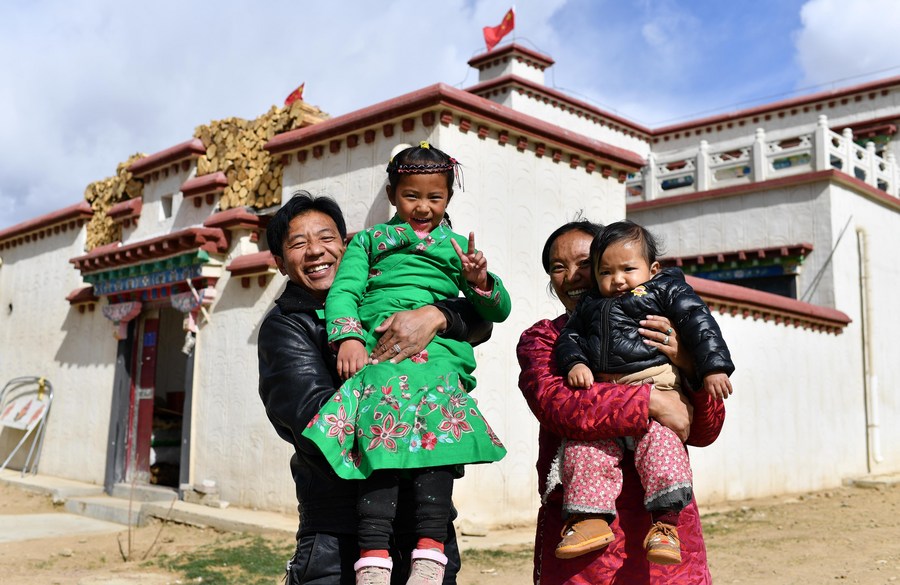
No country is born a democracy and no democracy is perfect. Democracy cannot be transplanted or imposed upon a country by force. Proselytizing Western democracy through regime change is itself undemocratic. Every country has the right to choose a political system that befits its unique national conditions.
According to Anthony Blinken, US Secretary of State, Western democracy is now under threat; it has to be renewed. The fact is: Western democracy is not under siege, it has decayed. It has become less participatory and less responsive to the needs of ordinary people.
A Pew survey published in October 2021 revealed that 56 percent of those interviewed across 17 advanced economies believed that their political system needed to be completely reformed or required major changes. The results also showed that people have little confidence that the system will be reformed.
It is obvious that democracy in the 21st century needs to be reviewed and redefined. Democracy is not just about “one man, one vote”. Democracy is a way of governing that depends on the will of the people and embodies the wishes of the people. A true democracy should be one that has continual and wide participation of the people.
The article reflects the views of the author and not necessarily those of China Focus.
 Facebook
Facebook
 Twitter
Twitter
 Linkedin
Linkedin
 Google +
Google +



